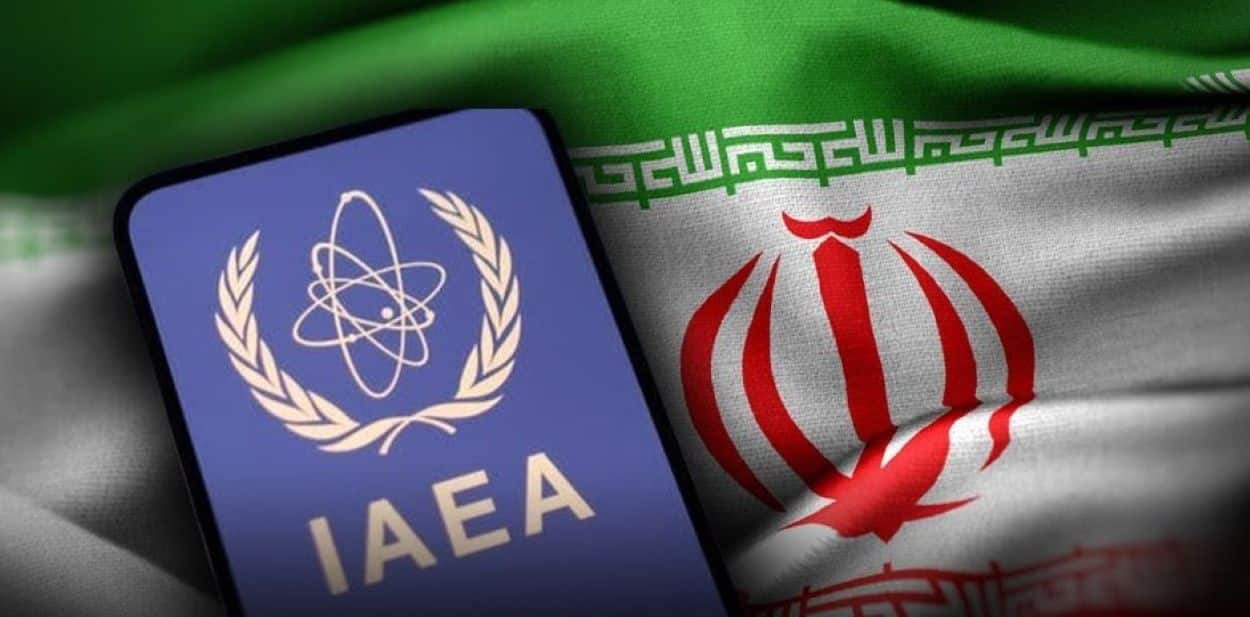Iran has declared a shift in its cooperation with the International Atomic Energy Agency following recent attacks on its nuclear facilities. Foreign Minister Abbas Araghchi confirmed this policy change comes after Iran suspended formal collaboration with the UN watchdog in early July, marking a new phase in the ongoing nuclear standoff.
Reuters reported that the announcement follows a 12-day military confrontation with Israel that included strikes on Iranian nuclear sites at Fordo, Isfahan, and Natanz in June. The United States participated in these attacks on June 22, targeting what they claimed were nuclear weapons development facilities. Iran maintains its nuclear program serves exclusively peaceful purposes, a position reiterated by Araghchi during his Saturday announcement.
Under the new arrangement, Iran will evaluate all nuclear site monitoring requests individually through its Supreme National Security Council. This case-by-case approach prioritises safety and security considerations, according to Araghchi. The policy shift became operational after IAEA inspectors departed Iran in July, when Tehran first suspended cooperation with the nuclear watchdog.
Iran’s Foreign Minister Araghchi said that Tehran’s cooperation with the International Atomic Energy Agency will not stop but will 'take a new form to ensure the security of its nuclear facilities' https://t.co/oB4MHdvGej pic.twitter.com/8teI0EUWg3
— Anadolu English (@anadoluagency) July 12, 2025Araghchi, serving as Iran’s chief nuclear negotiator, outlined strict boundaries for potential future discussions. He emphasised that any negotiations would exclusively address nuclear activities, explicitly excluding military capabilities from consideration. The foreign minister tied any potential agreement directly to sanctions relief, creating a clear quid pro quo framework for diplomatic engagement.
Iran continues to insist on preserving its right to uranium enrichment for peaceful purposes under the Non-Proliferation Treaty. Araghchi’s statement reinforced this position, declaring Iran would reject any agreement that fails to include enrichment rights. This stance references the 2015 nuclear deal abandoned by the Trump administration, which originally placed restrictions on Iranian enrichment activities.
FM Araqchi says Iran to work with IAEA, but inspections may be risky https://t.co/FOfuTYDJPX https://t.co/FOfuTYDJPX
— Reuters (@Reuters) July 12, 2025The BRICS summit in Rio revealed growing international alignment with Iran’s position. Russian Foreign Minister Sergei Lavrov pledged Moscow’s continued support for Iran’s nuclear program, offering specific technological assistance for uranium depletion processes. This endorsement, reported by Russian state media outlet TASS, signals strengthening ties between Tehran and Moscow amid the ongoing diplomatic tensions.
Read: Iranian Missile Strike Hits US Communications Dome at Qatar’s Al Udeid Air Base
Iran currently assesses multiple factors before committing to renewed negotiations, including timing, location, and necessary security assurances. Araghchi warned that reimposing UN sanctions could eliminate Europe’s mediation role in the process, suggesting Tehran may seek alternative diplomatic channels if current tensions persist.






